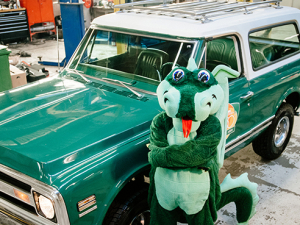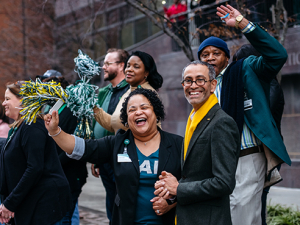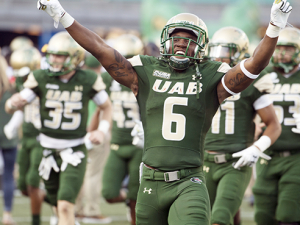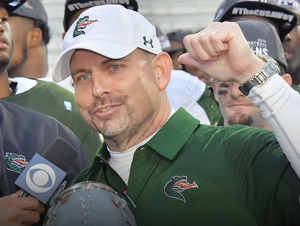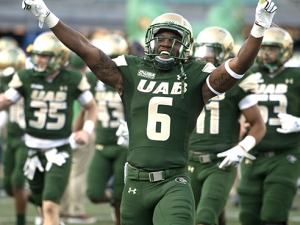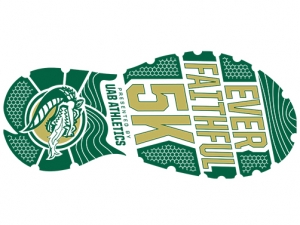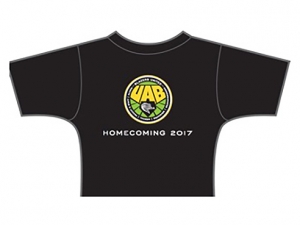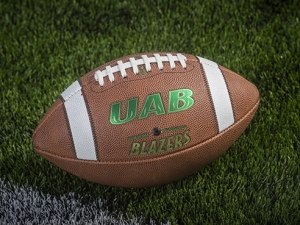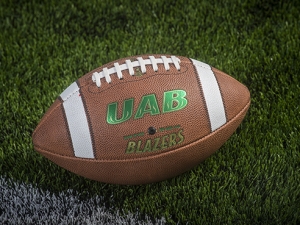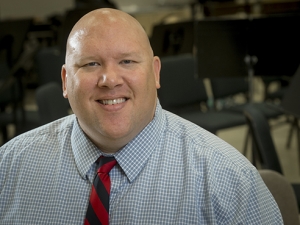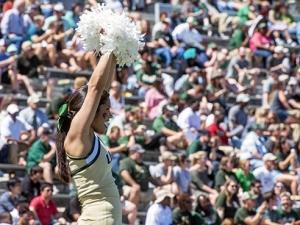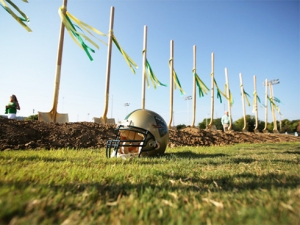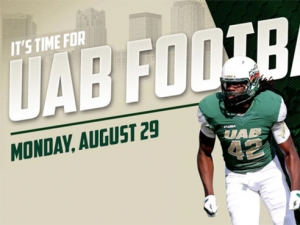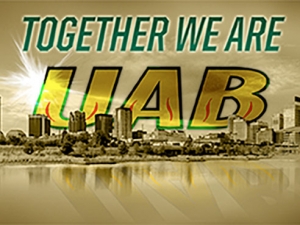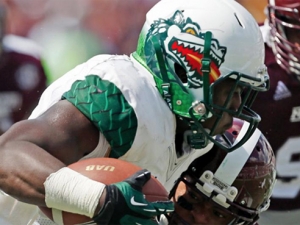Andy Kennedy had been a basketball junkie from the time he could hold a ball in his hands until injuries ended his professional career.
 |
| Former UAB President Dick Hill (left) stunned the college basketball world when he lured Gene Bartow away from UCLA to start the Blazers’ athletics program from scratch. |
When his playing days finished in 1994, Kennedy decided to do the only thing he knew to do — coach. So he called Gene Bartow, who was still UAB’s coach and athletic director, expecting his mentor to help him land a choice coaching job.
He was wrong.
“I wanted him to name me associate head coach, like all former players want their coaches to do,” Kennedy says, chuckling. “He wasn’t as helpful as I wanted him to be. I was like, ‘Dadgum coach, I helped you win some games and made some baskets. I need a job. He said, ‘Lord, Andy why don’t you go be a doctor or a lawyer — do something else. You don’t want to get into this rat race.’ I told him, ‘Coach, basketball is all I know.’”
Kennedy, now the head basketball coach at the University of Mississippi, was one of many former UAB players, administrators, coaches and friends sharing fond memories Bartow after his death Tuesday, Jan. 3. The funeral will be held at 11 a.m. Monday, Jan. 9 at the Vestavia Hills United Methodist Church.
Kennedy met Bartow in the summer of 1985 when the coach recruited the hotshot shooting guard from Louisville, Miss. Kennedy signed to play under Jim Valvano at North Carolina State before transferring to UAB, where he lettered three years and earned the school’s second all-time leading scoring record.
But while skills as a sharp-eyed shooting guard weren’t enough for Bartow to advise Kennedy to pursue a coaching career, Kennedy pursued Bartow’s help relentlessly.
“When my persistence outwore his, he called me in his office one day and said, ‘Andy, this basketball coaching is a great business, a great profession, if it weren’t for those games,’” Kennedy says. “He has never been more correct. Being a basketball coach is a great business except for 35 nights a year. I still quote him on that.
“I’ve been so fortunate to have Coach Bartow be a part of my life,” Kennedy said.
Kennedy’s fond memories include even those moments when he drew the coach’s ire and an admonition to rein in his ego. “He called me prima donna on a few occasions,” he says. But Bartow was highly competitive, and he wanted his players to match that intensity, playing with patience and intellect.
“He was a fierce, fierce competitor,” Kennedy says. “You can’t do the things he did as a basketball coach without being fiercely competitive. I mean, he built the UAB program literally from nothing — in a football-crazy community — at a little commuter school, and turned it into what it is today.”
Former UAB great Oliver Robinson certainly remembers those early days. Robinson, who now represents the 58th District in the Alabama Legislature, was a high-school star at Woodlawn recruited by many bigger-named institutions than the program Bartow was starting.
“When I came to campus to visit, it reminded me of my high school,” Robinson says. “It wasn’t like other campuses I visited. It was just ‘sign and let’s go play some ball.’ We played in Bell Gym, but we had to go to the Education Building to actually get the basketballs. We didn’t even have basketballs. You want to talk about the ground floor? That’s the ground floor.”
Robinson was UAB’s first four-year basketball scholarship recipient in 1978, its first All-American player and is the school’s fourth all-time leading scorer.
Robinson says Bartow’s was the smartest basketball mind he’s ever encountered, and that his former coach was mild-mannered. When Bartow did get upset with a player, Robinson says it felt like being chastised by your father. “And you really didn’t want to let your father down,” he says.
Bartow did upset Robinson once. Then a junior, Robinson had a rough night, shooting three for 15 from the floor. He recovered a loose ball under the goal and shot it from his knees, missing badly, for his final shot of the Blazers’ first game against Kentucky; they left with a six-point loss.
After the game, Bartow visited each player at his locker. To Robinson he said, “If we take away your layups, you’d shoot about 15 percent from the floor.” Robinson fumed quietly.
“I don’t get loud when I get mad, I get quiet,” he says. “We left Kentucky to play Iowa State. I started, and I passed the ball about the first seven times I touched it. Coach Bartow calls a time out and asks me why I’m not shooting the ball. I told him, ‘Well, my percentages will be higher if I don’t shoot.’ He kind of slapped me upside the head and said, ‘Get out there and shoot that ball.’ We beat the skin off of Iowa State that night, and we all laughed about it.”
Robinson has great memories from his time playing for Bartow. But he says what Bartow did for him and other players at UAB and elsewhere has made the greatest impression.
“I’m sure coach never thought about it, but I do — what he has done for me personally. He came and got me out of the housing project, and he has helped me to be in a position to change the outlook for my family’s life for generations to come,” Robinson says. “I have a 22-, 17- and 15-year-old and all of them are smart. My son says he wants to be an attorney and work on Wall Street, and he can do it.
“My children’s children will reap the benefits of the help Coach Bartow gave to me as a player and as a person. That’s the most outstanding thing he has done for me. You think about the hundreds or thousands of players he has coached, shaped and molded in his life. He has enriched the lives of people and their families like mine all over the world.
“So his legacy will never die. It’ll never die.”
Donations in Bartow’s honor may be made to the Gene Bartow Fund for Cancer Research. Learn more at www.ccc.uab.edu.
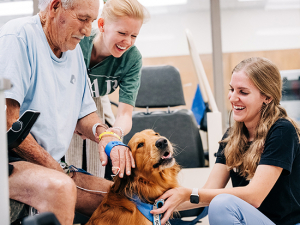
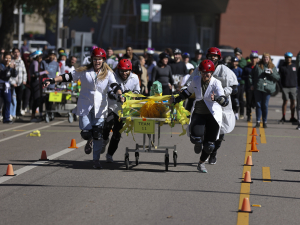


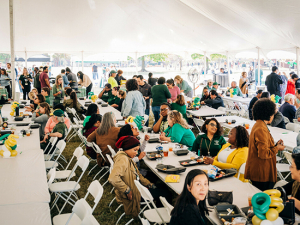
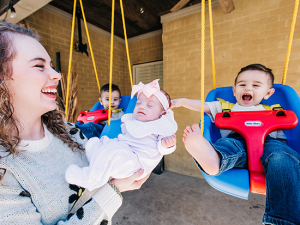
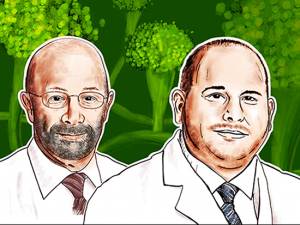
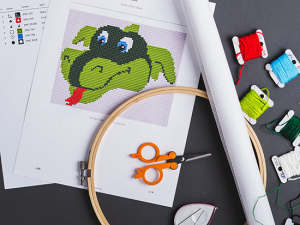
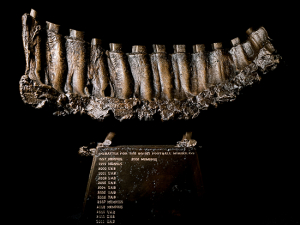
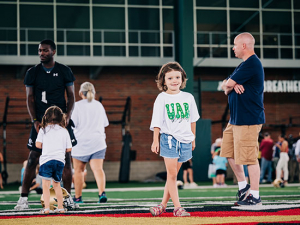
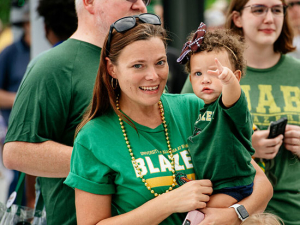
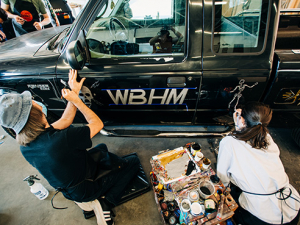
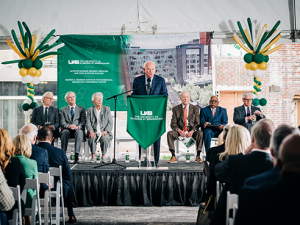
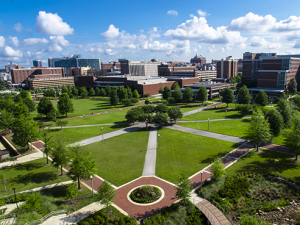
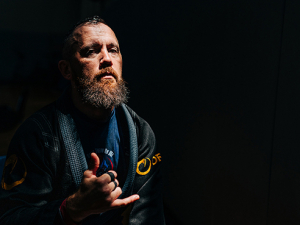
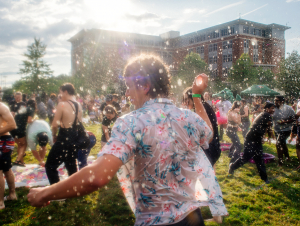
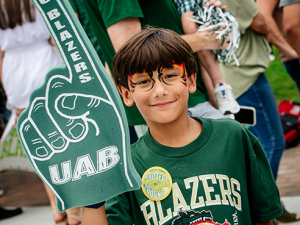
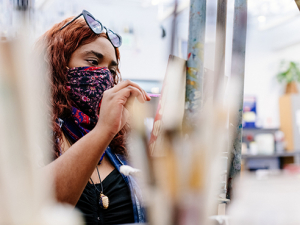
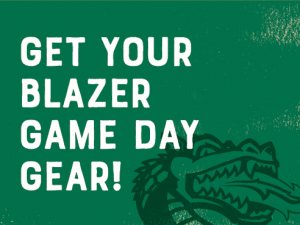
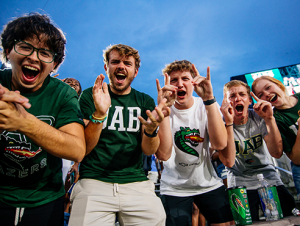
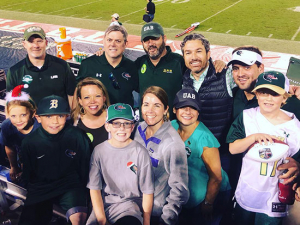
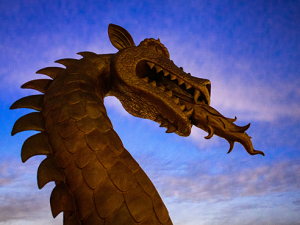
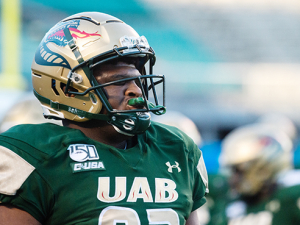

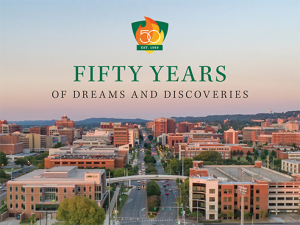
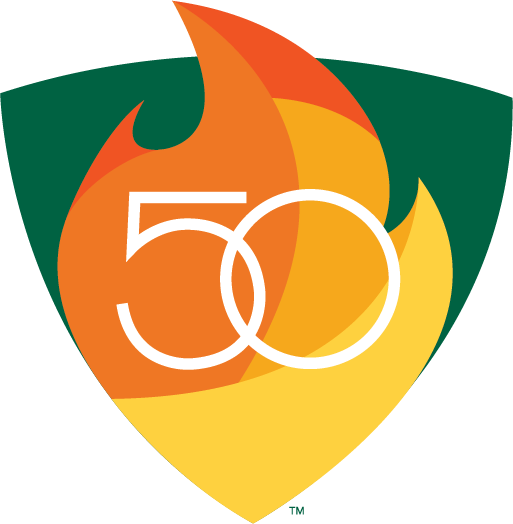 Journey through time in “Fifty Years of Dreams and Discoveries,” a 200-page pictorial book that chronicles UAB’s rise from a nascent university in 1969 to a leading doctoral research university.
Journey through time in “Fifty Years of Dreams and Discoveries,” a 200-page pictorial book that chronicles UAB’s rise from a nascent university in 1969 to a leading doctoral research university.